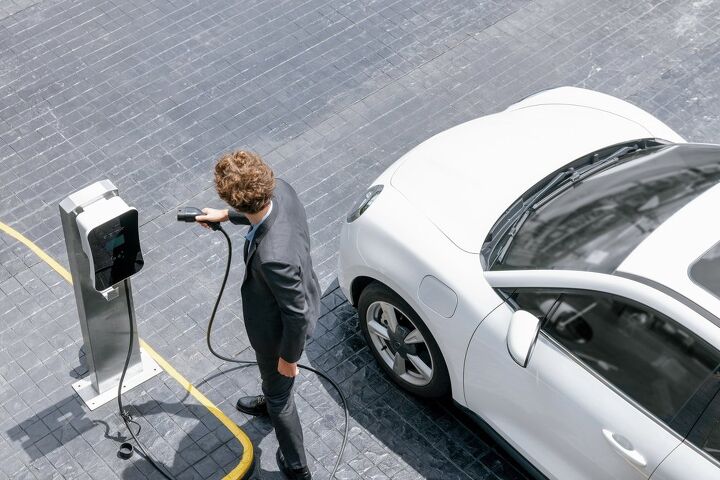Think Charging Your EV is Fast? This Wait Time Will Shock You
Recent research on electric vehicle (EV) charging reveals that the average duration of a charging session at non-Tesla fast chargers is approximately 42 minutes. This finding is based on a comprehensive study by Energetics, which analyzed over 2.4 million charging sessions spanning three years. The length of these charging sessions may be influenced by several factors, including the increasing preference for larger batteries, the performance of public DC fast chargers, and general awareness of fast charging techniques among EV drivers.
Tesla, a notable player in the EV market, offers a superior charging and mapping interface for its customers. This system not only directs Tesla drivers to the most convenient charging stations but also advises on the optimal duration of each charging session to minimize travel time. This approach generally results in Tesla drivers opting for shorter, more frequent charging sessions. When Tesla's charging data is included, the average charging time across all fast charging sessions drops to 31 minutes.
Optimal Charging Practices
Public fast chargers are primarily intended for use during long journeys, with most daily charging ideally conducted at home. Optimal charging speeds are achieved when an EV’s battery is pre-conditioned and charged between 20 percent and 80 percent capacity. Charging the initial and final 20 percent of the battery takes considerably longer, as this involves a more intricate process of integrating electrons into the battery. Understanding and managing these charging dynamics is crucial, especially since it is not always necessary to charge the battery to full capacity unless required for reaching the next destination or charging point.
The advent of modern EVs, capable of supporting higher charging speeds, coupled with the expansion of high-speed charging infrastructure, offers hope for reduced charging times in the future. As consumers become more familiar with EVs and learn efficient usage and charging practices, it is anticipated that the average duration of charging sessions will decrease.
This article was co-written using AI and was then heavily edited and optimized by our editorial team.
More by TTAC Staff
Latest Car Reviews
Read moreLatest Product Reviews
Read moreRecent Comments
- NotMyCircusNotMyMonkeys so many people here fellating musks fat sack, or hodling the baggies for TSLA. which are you?
- Kwik_Shift_Pro4X Canadians are able to win?
- Doc423 More over-priced, unreliable garbage from Mini Cooper/BMW.
- Tsarcasm Chevron Techron and Lubri-Moly Jectron are the only ones that have a lot of Polyether Amine (PEA) in them.
- Tassos OK Corey. I went and saw the photos again. Besides the fins, one thing I did not like on one of the models (I bet it was the 59) was the windshield, which looked bent (although I would bet its designer thought it was so cool at the time). Besides the too loud fins. The 58 was better.


































Comments
Join the conversation